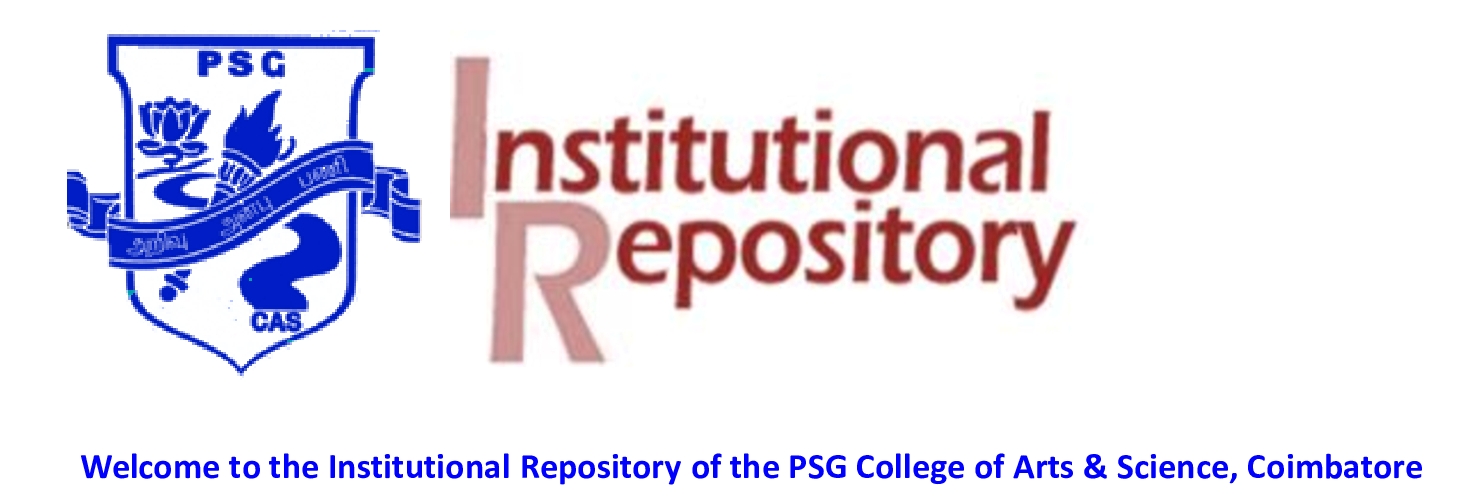Jayaprakash, Arulraj and Ashokraj, Kattur Venkatachalam and Revathy, Soundararajan and Rajesh, Embranahalli Mani (2022) Microbial flocculants as an excellent alternative to synthetic flocculants for industrial application: A comprehensive review. AsPac J. Mol. Biol. Biotechnology A review of industrial applications of microbial flocculants, 30 (4). pp. 79-97.
42.pdf - Published Version
Download (1MB)
Abstract
Flocculation is used to effectively separate suspended colloids in domestic and industrial
wastewater. Flocculants are classified into three categories as organic, inorganic and natural flocculants.
Its flocculating properties, ease of use and commercial use have led to the widespread use of organic and
inorganic flocculants. However, it can cause serious health problems due to its carcinogenicity and
neurotoxicity. Therefore, natural bioflocculants are used to treat wastewater without harming humans and
the environment. Natural flocculants are non-toxic, environmentally friendly and capable of flotation even
at low concentrations. This article also discusses the classification, functions, mechanisms and applications
of flocculants. Applications of natural flocculants and flocculation efficiency in the treatment of industrial
wastes such as food, heavy metal and dyeing are discussed. Future studies will use methods to understand
how agricultural and food wastes are used for cost-effective bioflocculant production. Bacterial consortia
and new novel marine bacteria are indicated for large-scale industrial production.
| Item Type: | Article |
|---|---|
| Uncontrolled Keywords: | natural flocculants, chemical flocculants, microbial flocculant mechanism, industrial applications |
| Divisions: | PSG College of Arts and Science > Department of Microbiology |
| Depositing User: | Dr. B Sivakumar |
| Date Deposited: | 15 Mar 2023 09:44 |
| Last Modified: | 15 Mar 2023 09:44 |
| URI: | https://ir.psgcas.ac.in/id/eprint/1782 |


 Altmetric
Altmetric Altmetric
Altmetric